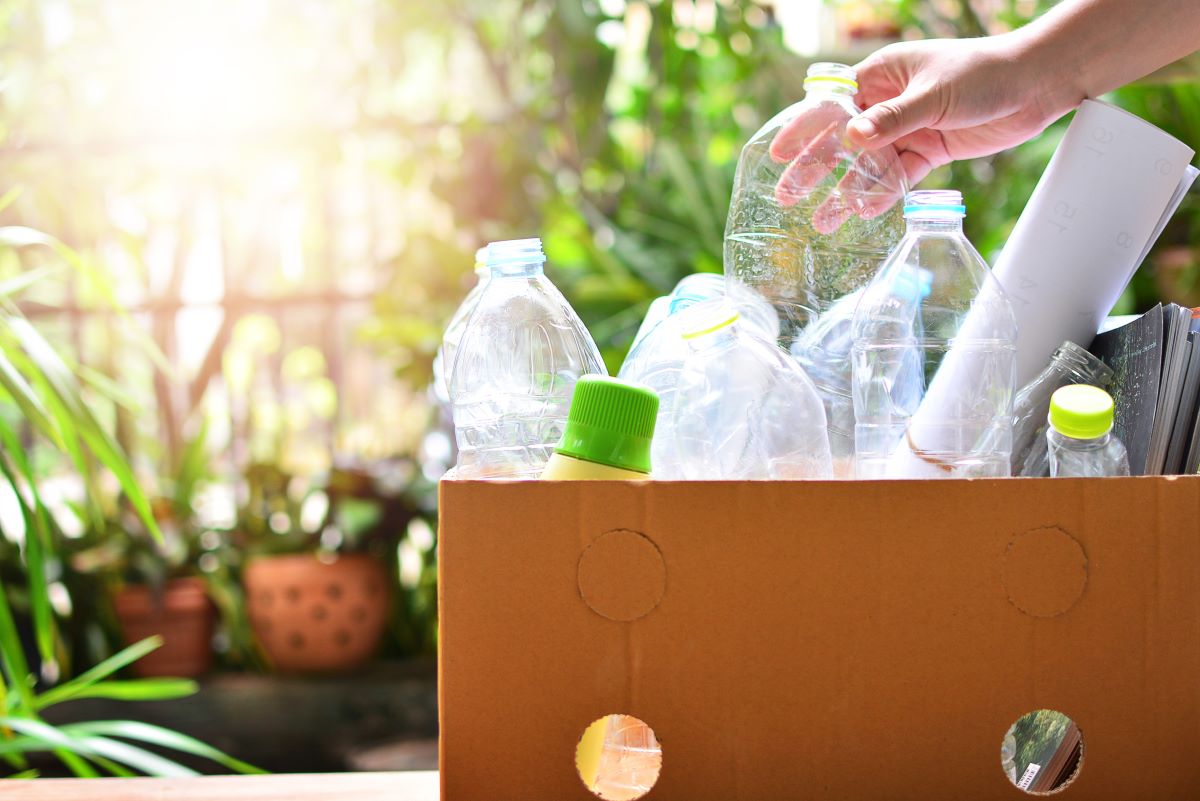The bulk of the single-use products we use or leave as litter in the parks, the environment, and the oceans are because we don't recycle enough of them.
Utilizing single-use plastic items exposes consumers to significant amounts of microplastic particles as well as hundreds of hazardous compounds that are either known or suspected to cause cancer, developmental defects, or endocrine disruption.

You should make a change and use eco-friendly alternatives to single-use plastics. In this article, we will help you find the best single-use plastic alternatives.

What is single-use plastic
Single-use plastic items are utilized only once or for a brief time before being discarded. Plastic trash has global, and sometimes severe, effects on the environment and our health. Eco-friendly alternatives to single-use plastics are less likely to enter our oceans than single-use plastic products.
Straws, cutlery, plates, drink stirrers, polystyrene food and drink containers, and plastic cotton bud sticks are examples of single-use plastics.
Single-use plastics affect marine life. By now, you've probably heard about the damage that plastic waste causes to terrestrial creatures in the oceans and other waterways. Land animal deaths caused by plastic have a huge impact on the ecosystem.
What are the best single-use plastic alternatives
1. Eco-friendly straws
Avoid using straws if you can! You can also use pasta straws, rice straws, bamboo straws, stainless steel straws, or rice straws (yes, they exist!).
There are also environmentally responsible options available for consumers who prefer the flexibility of plastic straws, such as paper straws, reusable silicone straws, and compostable plant-based straws.
2. Eco-friendly decor
Although they provide a pleasant ornamental addition to celebrations, balloons pose one of the greatest risks to seabirds when it comes to plastic pollution. and a lot of balloons with biodegradable labels aren't.
Avoid using balloons at your party and organize a green one. Choose more environmentally friendly ornaments like paper lanterns, recycled bunting, homemade bubble machines, and flowers.
3. Recycled bamboo cutlery
Takeout and dining out frequently include more than just meals. Plastic bags and cutlery are frequently used. Plastic bags and cutlery are frequently used.
Plastic cutlery is difficult to recycle in Australia. Due to their shape, recycling machines typically can't sort them, so many of them wind up sitting in landfills for decades or even centuries.

Eco-friendly substitutes: Request to opt out and refuse disposables the next time you get takeout. Consider switching to reusable bamboo utensils or a portable cutlery set, or bring your own from home! If you want to order takeout, having a pair of chopsticks in your luggage is a smart option.
4. Reusable cup
The majority of the 1.8 billion cups and 1.5 billion coffee lids we use annually end up in landfills. The majority of takeout coffee cups and lids are not recycled or composted, which is crucial to highlight.
Eco-friendly alternatives to single-use plastic cups include reusable containers, porcelain mugs, and coffee consumed at home. Additionally, refuse the lid if you are purchasing takeout coffee and cannot use your reusable cup.
If you're going to your preferred juice or smoothie establishment, bring your reusable cup or a mason jar. Additionally, you can persuade your favorite restaurants and grocery stores to switch to compostable or the best single-use plastic alternatives.
5. Eco-friendly plates and containers
Plastic plates might be cheap and handy when hosting parties or at picnics or food courts, but once they’re thrown away, they usually end up in landfills. Most recycling centers are unable to sort these plates due to their shape.
Next time you order takeout, choose food that doesn’t often come in plastic containers and avoid prepackaged meals. Most food outlets will happily put the food directly into your reusable container if you ask.
There are eco-friendly alternatives for containers, including glass containers and stainless steel lunch boxes. If you’re eating out, why not ask your favorite outlets to switch to compostable and eco-friendly alternatives?
6. Paper bags
Although it is now customary to package bread loaves in plastic bags, paper wrapping is becoming a more widely used and accessible alternative.
Most supermarkets now carry bread in paper bags, and local bakeries have long favored them; if your neighborhood grocer hasn't yet gone green, this may be a nice chance to support small businesses that offer eco-friendly alternatives to single-use plastics.
7. Glass bottles for detergent and soap
Say goodbye to single-use plastic bottles of dishwashing liquid. Refill-and-go glass bottles for dishwashing detergent, handwash, and even hand sanitizer are now widely available in supermarkets. As eco-friendly alternatives to single-use plastics, services deliver glass bottle starter kits and refill cans right to your home.
Say goodbye to single-use plastic bottles of dishwashing liquid. Refill-and-go glass bottles for dishwashing detergent, handwash, and even hand sanitizer are now widely available in supermarkets.
As an alternative, there are services that deliver glass bottle starter kits and refill cans right to your home.
Eco-friendly solutions in DGB Group
When alternatives are available, stop using single-use plastics on a daily basis and go net zero. We support businesses and individuals in lowering their carbon footprints and reaching the goal of biodiversity







